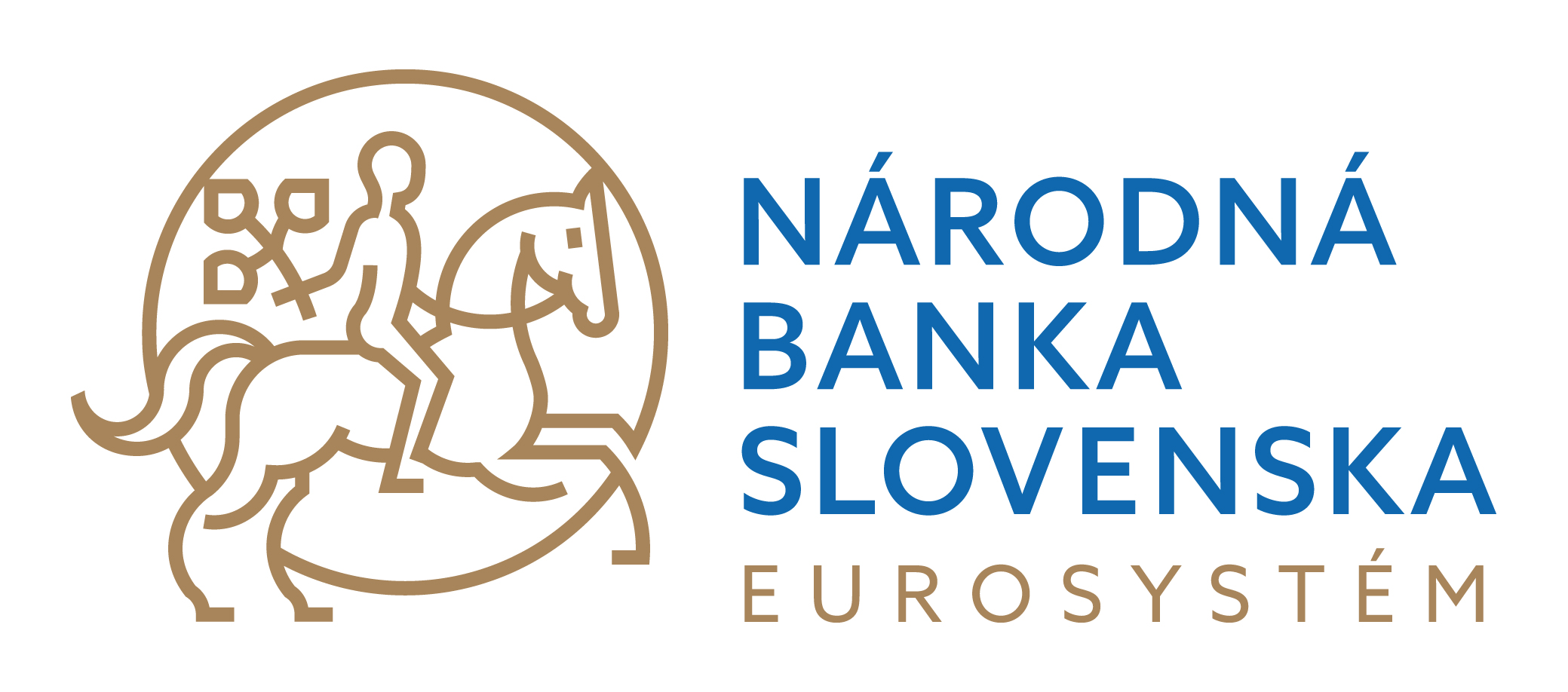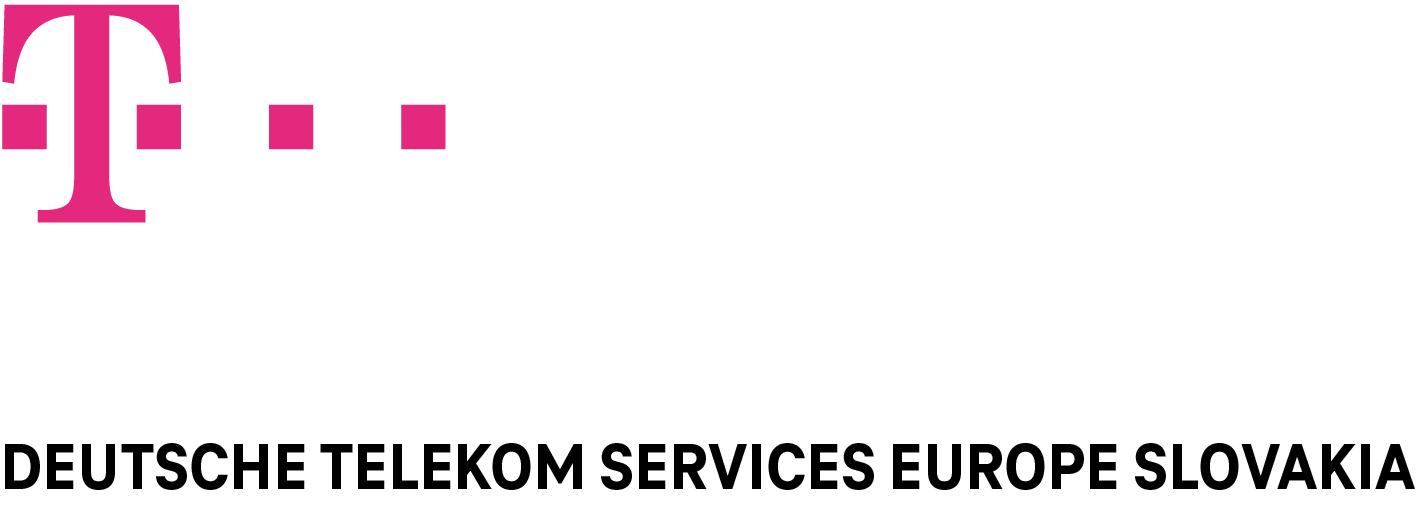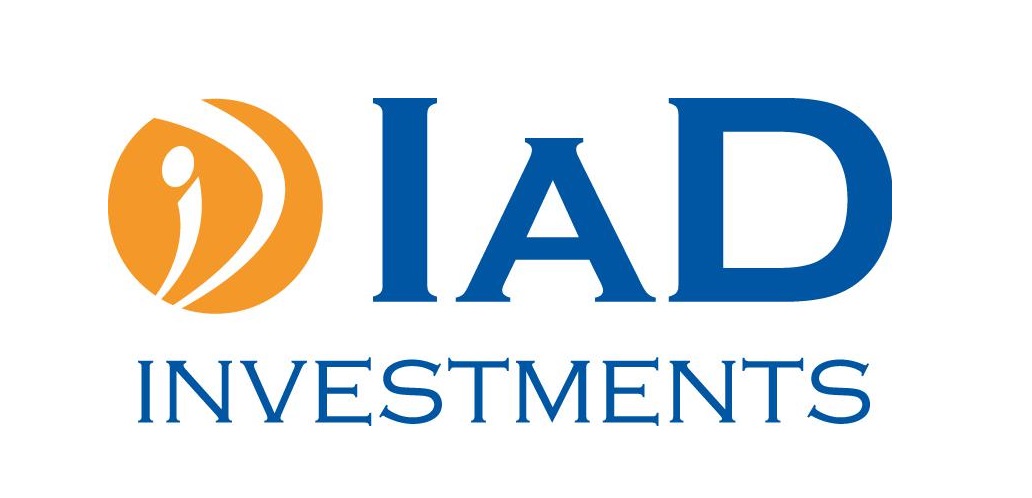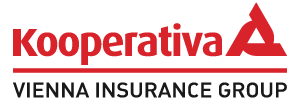Otvárame výzvu pre študentov programu Financie a dane (2. stupeň štúdia) na NHF na podávanie žiadostí o účasť na programe “Zmiešaný intenzívny program Erasmus+” (BIP) „Metódy pre fintech a umelú inteligenciu vo financiách“. BIP sú krátkodobé intenzívne študijné programy, ktoré kombinujú prezenčnú a online zložku.
Termíny
Termín fyzickej účasti 4. – 10. septembra 2024 Neapol (Taliansko)
Virtuálna časť od 2. septembra 2024. Záverečné prezentácie (online) budú 21. októbra 2024.
Požiadavky na študentov
- Oprávnenými uchádzačmi EUBA sú študenti, ktorí budú zapísaní v prvom a druhom ročníku študijného programu Financie a dane (2. stupeň štúdia) na akademický rok 2024/2025.
- Schopnosť komunikovať v anglickom jazyku, v ktorom bude program prebiehať.
- Záujem o štúdium kvantitatívnych metód a prácu so štatistickým softvérom.
Financovanie účasti na BIP
Účastníci dostávajú individuálnu podporu vo výške 79 EUR na deň pre účasť na fyzickej aktivite v Neapole. Individuálna podpora aj pre jeden deň cesty tam a jeden deň cesty späť. V prípade využitia zeleného spôsobu cestovania (zdieľané auto, vlak, autobus) dostane účastník príspevok vo výške 50€. V tomto prípade majú študenti nárok na preplatenie až 2 dní na cestu tam a 2 dní na cestu späť.
Prihlasovanie
Záujemcovia pošlú svoju prihlášku najneskôr do 15.5.2024 do 13:00 emailom na , súčasťou prihlášky musí byť:
- Životopis v anglickom jazyku
- Motivačný list v anglickom jazyku (maximálne 250 slov)
Po odoslaní prihlášok sa uskutočnia online pohovory na posúdenie znalosti anglického jazyka uchádzačov od 23.5. do 29.5. 2024. Dátum a čas týchto rozhovorov bude zverejnený 20.5. 2024
Kritéria určenia poradia študentov
- Motivačný list
- Znalosť anglického jazyka, hodnotená pri pohovore
- Študijné výsledky
Podrobnosti o programe sú uvedené nižšie v anglickom jazyku. Webstránka programu je https://www.labstat.it/bip24/
Program sa primárne zameriava na študentov z nasledujúcich inštitúcií: University of Naples Federico II, Italy; University of Twente, Netherlands; WU Vienna University, Austria; Babes-Bolyai University in Cluj-Napoca, Romania; Ekonomická univerzita v Bratislave, Slovensko; Athens University of Economics and Business, Greece; and Technische Universitdt Dortmund, Germany.
Methods for Fintech and Artificial Intelligence in Finance
Blended Intensive Programme (BIP), September 4-10, 2024 – Naples
Information
The aim of the BIP is to create an interdisciplinary course on advanced topics in the field of statistics and probability, with applications in the Fintech sector and Artificial Intelligence on key topics included in the UN SDGs.
The programme will enable participants to understand and develop analyses on financial instruments using appropriate techniques. Starting from the theoretical analysis of the technical-conceptual determinants and the regulatory environment of AI, models will be presented and the results of field tests of the experience gained in the adoption of models of the kind will be presented.
The programme aims to provide analytical skills to create, manage and interrogate large datasets applicable to the financial sector and to build critical awareness of current issues in the Fintech landscape. A set of programming tools will facilitate the implementation of models and enable participants to analyse decision-making processes.
Disciplinary Area
For participation in the course, it is preferable to have a previous study background in quantitative studies (mathematics, statistics, economics, data science, computer science). However, it is not compulsory.
Learning and Teaching Methods
The learning method is divided into virtual and face-to-face sessions, focused on case studies of real data management. The learning methodology will combine lectures of the methodologies to practical workshops aimed at implementing the techniques presented on the case studies.
- Number of ECTS credits awarded: 3 CFU
- Main language of teaching/training: English level B2, as described in the ‘European Language Portfolio’ section of the Council of Europe
Registration
Participants are waived of the fee course.
Coffee, snacks, and light lunch will be provided by the host institution while for dinner a couple of partner restaurants will be indicated.
Program
The course consists of one week in presence (4 September – 10 September 2024) organised as described below
September 2 – online
- Evening. Seminar: Statistical learning for Fintech and Financial Inclusion
General introduction to the course with the participation of all the representatives of the partner Institutes/Universities
September 3 – online
- Evening. Seminar: Data integration, pre-processing and data fusion in R
September 4 – in presence
- Evening. Seminar: Digitalization and Financial Awareness
Directorate General for Consumer Protection and Financial Education
Financial Education Directorate Young People, Analysis and Surveys Division (Head of Division) Banca d’Italia
September 5 – in presence
- Morning. Methods for dimension reduction and clustering in Fintech surveys
Main topics: Clustering mixed type nominal/ordinal/interval data, Joint dimension reduction and clustering - Evening. Laboratory lectures – supervised tutorial, individual and teamwork
September 6 – in presence
- Morning. Generalized Linear Models for rating data
Main topic: Basic principles of categorical data, Binary data models, Polytomous data models - Morning. Panel data for assessing Fintech, financial inclusion and income per capita
Main topic: Multivariate Regression analysis, Multilevel models - Evening. Laboratory lectures – supervised tutorial, individual and teamwork
September 7 – in presence
- TBA. Laboratory lectures – supervised tutorial, individual and teamwork
- Social activities
September 8 – in presence
- TBA. Laboratory lectures – supervised tutorial, individual and teamwork
- Social activities
September 9 – in presence
- Morning. Latent variable models for Financial knowledge
Main topics: Latent variables, Classical Test Theory, Item Response Theory, IRT models for polytomous items, Hierarchically Structured Modelling - Evening. Laboratory lectures – supervised tutorial, individual and teamwork
September 10 – in presence
- Morning. Hybrid approach for the analysis of complex data structures
Main topic: Hybrid methods; Implementations of dimension reduction for continuous, polytomous e mixed data, complex categorical structures - Evening. Wrap-up – summary, feedback, alternative methods
October 21 – online
- Evening. Presentation of the results of an analysis project by participants (final meeting) and seminar by a keynote speaker on BIP topics
During the final meeting Rita Cappariello, Bank of Italy will hold a seminar titled Sustainable Finance: insights and data for an assessment.
This will be followed by a panel discussion attended by members of the scientific committee and the concluding papers of the participants in the Blended Intensive Programme Advanced Analytics for Data Science.
Mentors
- Rosa Fabbricatore
- Carla Galluccio
- Valeria Policastro
- Roberto Rondinelli
Program Committee
- MARIA IANNARIO, University of Naples Federico II (proponent and coordinator)
- JORG OSTERRIEDER, University of Twente, Netherlands (Sending institution)
- RONALD HOCHREITER, WU Vienna University, Austria (Sending institution)
- CODRUTA MARE, Babes-Bolyai University in Cluj-Napoca, Romania (Sending institution)
- MARTIN ALEXY, University of Economics, Bratislava (Sending institution)
- IOANNIS NTZOUFRAS, Athens University of Economics and Busines, Greece (Sending institution)
- ANDREAS GROLL, Technische Universität Dortmund
Local Scientific Committee
- MARIA IANNARIO, University of Naples Federico II
- ALFONSO IODICE D’ENZA, University of Naples Federico II
- LUCIO PALAZZO, University of Naples Federico II
- FRANCESCO PALUMBO, University of Naples Federico II
- GIANCARLO RAGOZINI, University of Naples Federico II
- DOMENICO VISTOCCO, University of Naples Federico II
Conference Secretariat
- MARIA GIOVANNA PORZIO, University of Naples Federico II
Venue
Department of Political Science, University of Naples Federico II
Via Leopoldo Rodinò, 22 – Naples, Italy
Statistics Laboratory (Aula G4)












